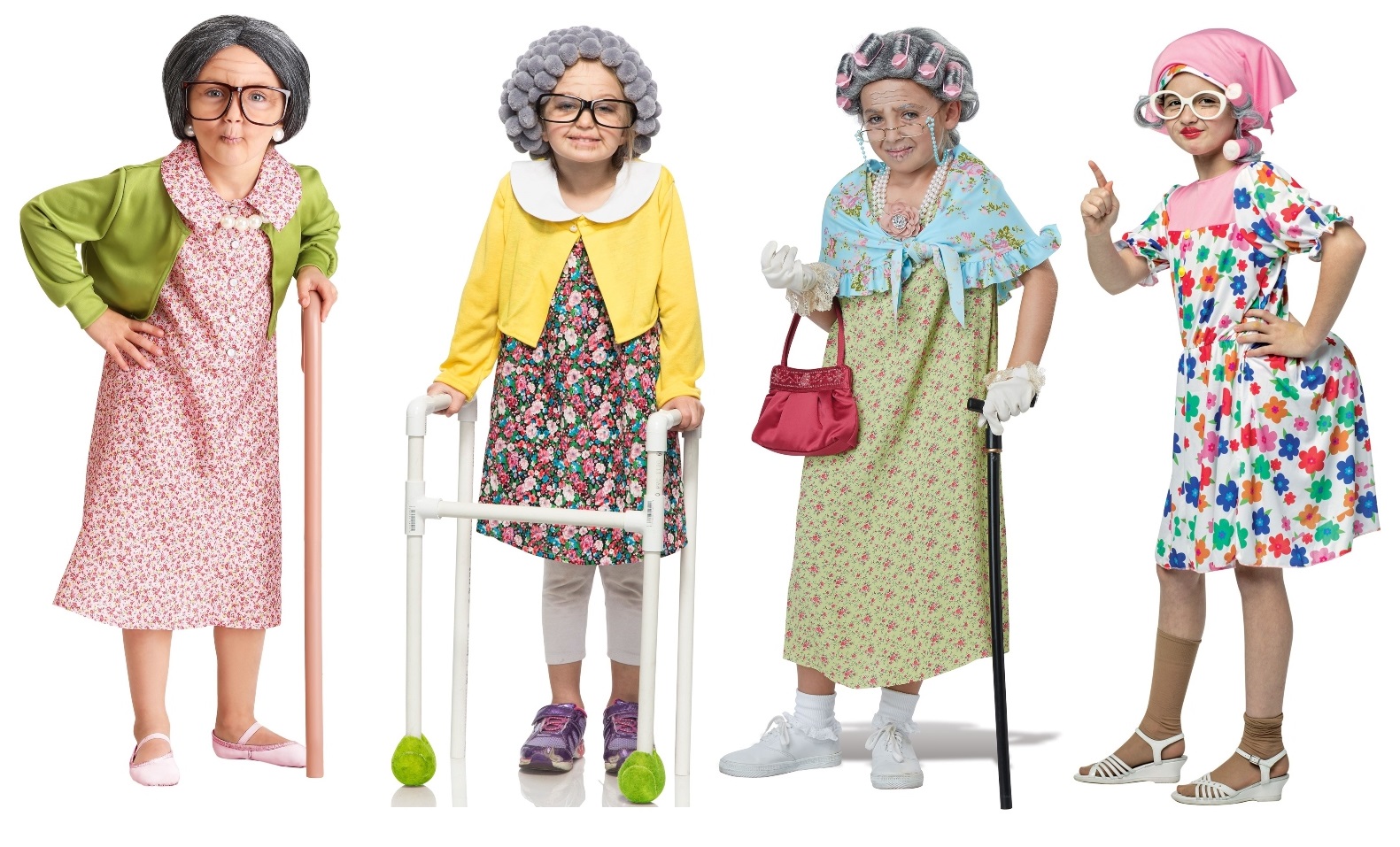By Shannon Miller
Every February, we tend to see “100th Day of School” content appear on social media where many children are dressed up as older adults. Many people comment and like the posts with innocent intent because, after all, the children are adorable, right? However, as a licensed social worker who works with older adults, I get a pit in my stomach as I view these posts.
What does dressing up like a 100-year-old mean? If someone asked you to dress up like a twenty or thirty-year-old what would that look like? I encourage you to take a moment to think of the people in your lives who are in their 70s, 80s, 90s and beyond. Really, take a moment and think about it. How many of these individuals dress or do their hair in such a way that defines their age? Are they all confined to using an assistive device such as a cane to get around or are some very active and independent?
I can tell you that in my circles, age is not what dictates what people wear, how they do their hair, accessorize, or even what their hobbies and interests are. There are health conditions that may dictate that a person wears certain glasses or utilizes devices, and sure, some are more common with aging. Yet, aging itself doesn’t dictate this need. And for the actual style of clothing, I have clients who prove to keep up with the latest fashion trends more than I do.
If I asked you to describe someone 90 or older, what adjectives come to mind? Are they positive or do they lean more negatively? When we ask our kids what they need for their costumes are they coming up with age-positive ideas? Or are these costumes reflective of what many adults fear and work so hard to avoid?
Would you believe me if I told you there is a man in his 100s who runs marathons? That there is a ballerina in her seventies who still dances en pointe? Fauja Singh, Suzelle Poole, and many others defy aging stereotypes all the time.
While I think it is great for kids to have a themed day to foster learning and creativity, surely the 100th day of school can be celebrated without creating a stigma around aging.
Perhaps we can work on promoting positive outlooks on aging from a young age rather than encouraging our kids to give into certain stereotypes. I encourage parents to advocate for other approaches to celebrating the anticipated 100th day of school milestone each year by starting conversations with their PTAs and school administrators now.
Here are a few ideas of what you can offer to school PTAs as alternatives that my colleagues and I have seen that are just as fun, but age-positive:
- Collecting 100 canned goods per class to donate to a local charity
- Collecting 100 large print books per class to donate to a nursing home
- Making 100 cards per class to send to a nursing home
- 100 acts of kindness for the week towards seniors
- Build a 100th day poster which can honor the older adults in their lives
As an aging professional, I continuously try to preserve independence for clients and attempt to find dignified ways for them to receive the support that they need. Perhaps I can also use my expertise to bring conversation and awareness to a trend that might not be as harmless as some believe.
I encourage parents to have conversations with their kids about aging that fosters an age-positive perspective. How can you help change the conversation? An example would be to ask, ‘How lucky is your grandma/grandpa to get to live a long life and see not only their children, but their grandchildren grow up?’ If society wants to combat ageism and promote healthy outlooks on aging, then keeping ageism out of our elementary schools is a great way to start!
Shannon Miller is the Senior Financial Coach at The Senior Source. She is a licensed social worker and received her master’s from Baylor University with a specialization in gerontology. Shannon has worked with older adults in various settings and finds meaning in helping her clients age with dignity while navigating the complexities of aging. Most recently, her role has allowed her to educate and protect individuals against fraud, scams, and exploitation to ensure financial security through life.

